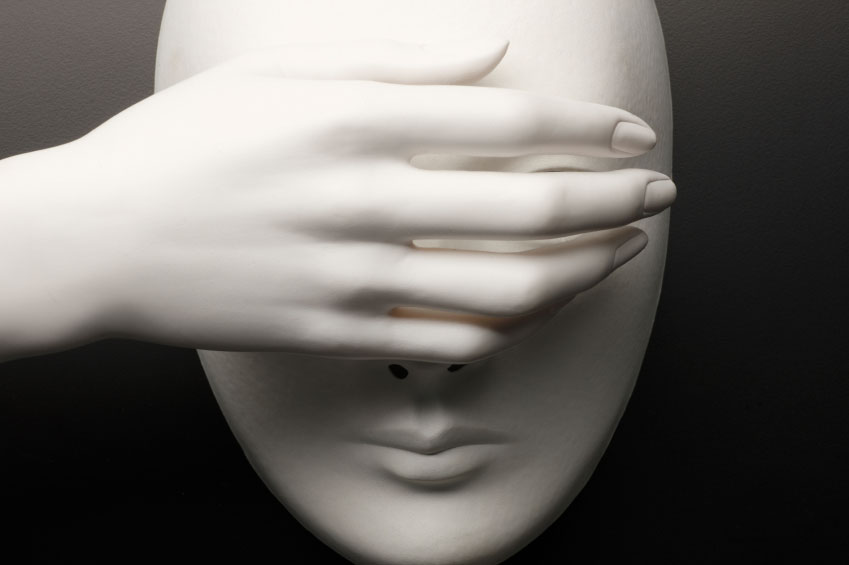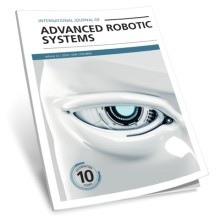
Robohub.org
On the ethics of research in robotics, with Raja Chatila

In this video lecture, IEEE Fellow Raja Chatila shares his views on why roboticists are duty-bound to educate the wider public on the state of advanced robotics , and also to understand the consequences of their own research and the potential commercialisation of it.
Looking a specific examples of robots that have either already been or will soon be commercialized — including drones, UGVs in defence and security, robotic devices for rehabilitation and human augmentation, robot companions, robot personal assistants robots, sexual robots, and autonomous cars — Chatila explores the ethical, legal and societal issues of autonomous robot decisions, accountability, privacy and intrusion, dependance and isolation, cognitive and affective bonds, and the status of the robot in human society.

Credits: Institut des Systèmes Intelligents et de Robotique
IEEE Fellow Raja Chatila is Director of Research at the French National Center of Scientific Research (CNRS) and Director of the Institute of Intelligent Systems and Robotics (ISIR) at Pierre and Marie Curie University in Paris.
His research covers robot navigation and SLAM, motion planning and control, cognitive and control architectures, human-robot interaction, and robot learning. He works on robotics projects in the areas of service, field, aerial and space robotics. He is author of over 140 international publications on these topics.
Chatila R. IJARS Video Series: On the Ethics of Research in Robotics [online video]. International Journal of Advanced Robotic Systems, 2015, 12:V9. DOI: 10.5772/61995
tags: c-Politics-Law-Society, communicating robotics, cx-Research-Innovation, ethics, France, human-robot interaction, Laws, Lecture, policy




